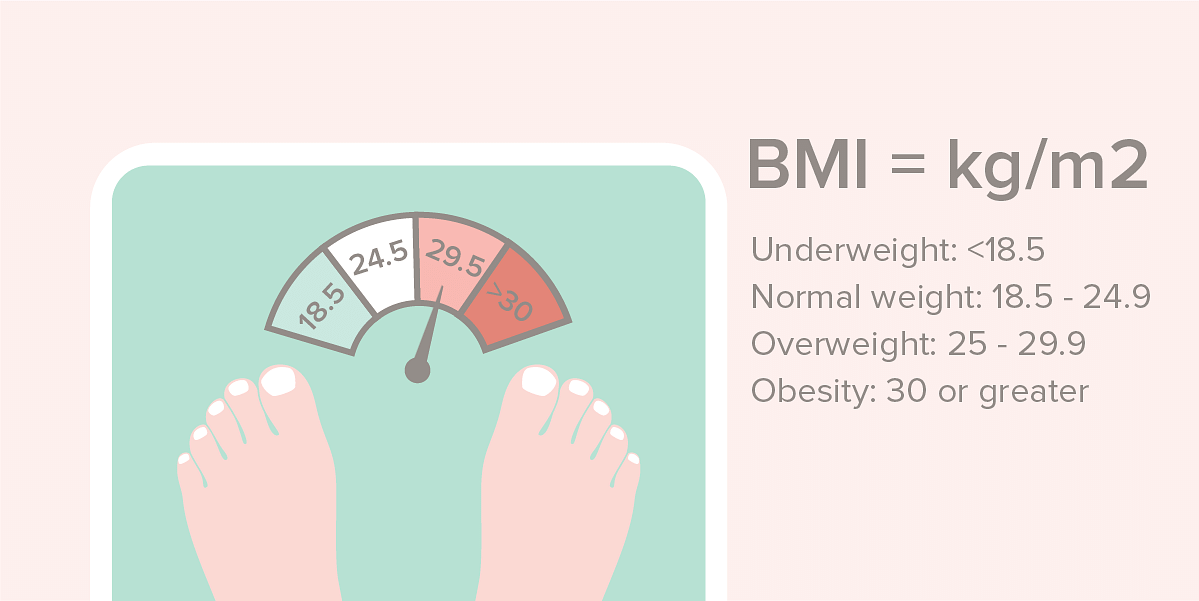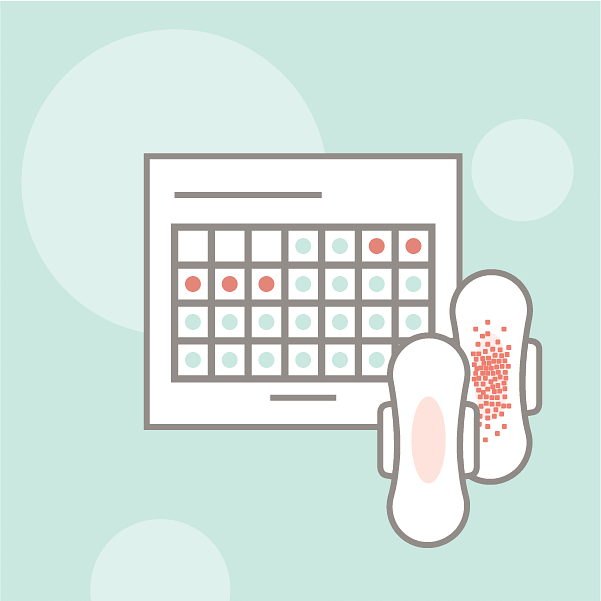Polycystic Ovarian Syndrome (PCOS) very often affects the endocrine system – a collection of ductless glands spread across the body, responsible for hormone secretions – and is known to affect 8-13% women. Its influence goes beyond just weight gain and irregular periods as it also has metabolic and psychological effects. It can cause several consequences in different stages of a woman’s life which may lead to life-long complications; therefore it becomes essential for all of us to learn about PCOS.

Why do women get PCOS?
I’m afraid there is no cookie-cutter answer. It could be genetic, environmental, lifestyle-induced or a combination of all of these things. The most common symptoms are irregular or absent periods, excessive hair growth (hirsutism), acne, weight gain, difficulty in losing weight, dark patches on the skin (especially around the neck, thighs and underarms), hair loss, difficulty in conceiving, and depression. All women do not have all symptoms and the presentation may be varied, making the diagnosis harder than it needs to be.

What are the things that affect it?
If irregular periods is your only complaint, also consider other possibilities:
- thyroid disorders
- increased prolactin hormone
- adrenal tumours
- fibroid uterus
- endometriosis
- ovarian cysts
- polyps
Apart from this, your lifestyle and extreme changes in the environment can also affect your period.

What is the role that weight plays?
Extreme weight loss or excessive weight gain can cause irregular periods, and it’s especially important to locate where your starting point is. Knowing your BMI (body mass index) is the best way to know which way you are going. It is measured by a person’s weight in kilograms divided by the square of height in meters i.e. BMI = kg/m2.
Here’s a scale to understand this better:

Maintaining a normal BMI is of utmost importance. For those who are underweight, gaining weight to maintain BMI can regularize their period, whereas in overweight women, losing weight helps have a regular period.

If my period is irregular, does it mean I have PCOS?
Irregular periods alone do not mean that you have PCOS or that all women who are overweight have PCOS. If and only if you have 2 or more of these symptoms, you can consider PCOS as a possibility:
- Irregular cycles
- Increased male hormones (clinical or biochemical)
- Polycystic ovarian morphology (observed via a scan)
In the case of adolescents, it is doubly hard to diagnose PCOS as the symptoms are similar to those which arise during puberty.

What can I do to manage PCOS?
Get yourself checked if you have the symptoms discussed above. Your doctor will run some blood and ultrasound tests before diagnosing you. If you are diagnosed with PCOS, remember that lifestyle regulation is your first line of management. A balanced meal, a regular exercise regimen and a good night’s sleep can do wonders for you. The doctor will also get you started on additional medications, if required. But with PCOS, getting diagnosed early and kick-starting your management is non-negotiable.
Our experts work round the clock to provide you with the answers that you are looking for. So, if you have any, leave it in the comment section below or send us a DM at @nuawoman.
Finally, this is a safe space that we have built for you so do not hold back on any doubts you may have about your body and mind.



